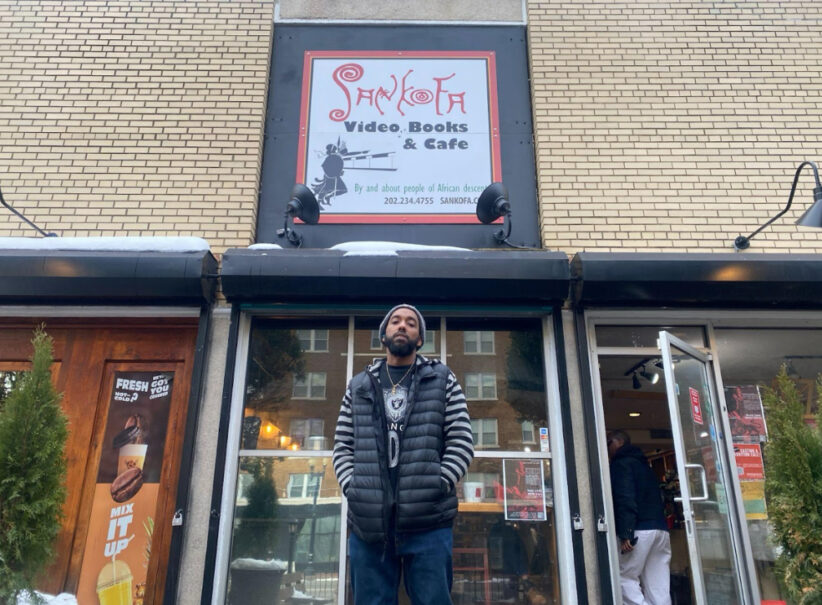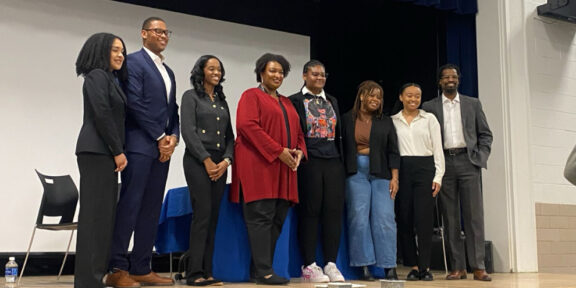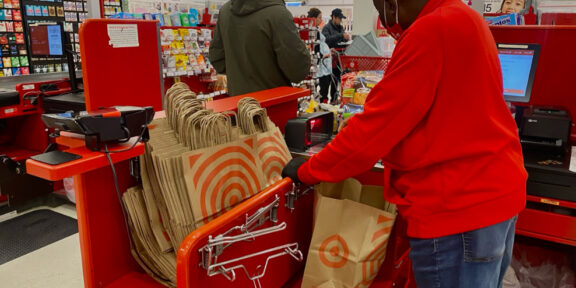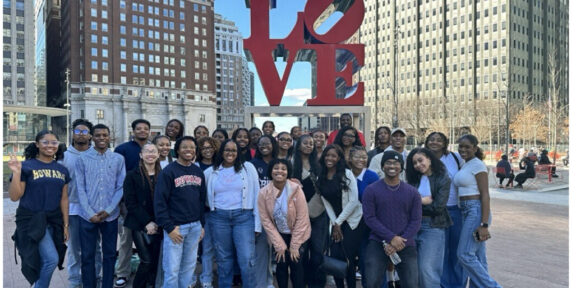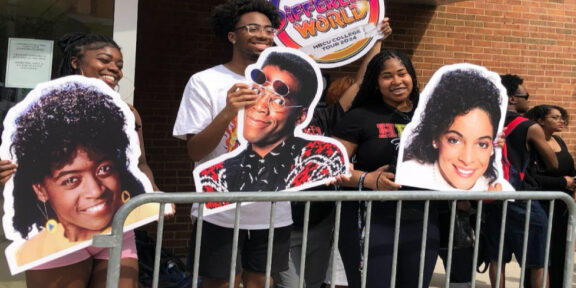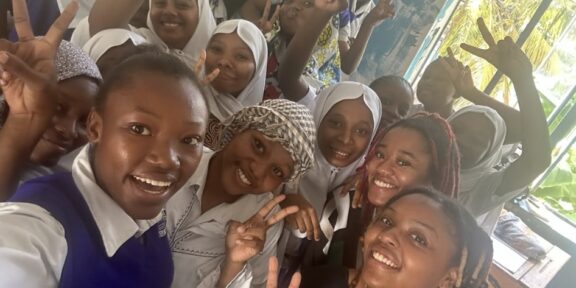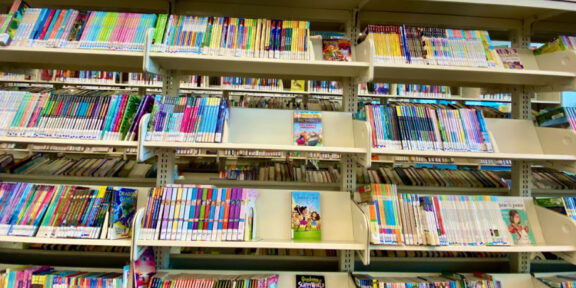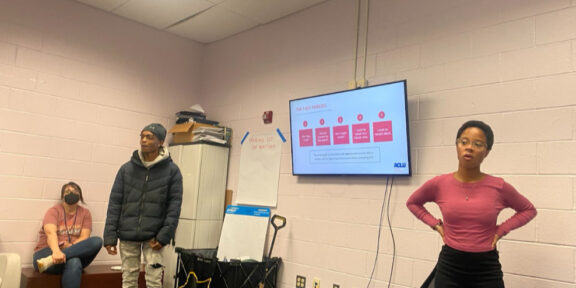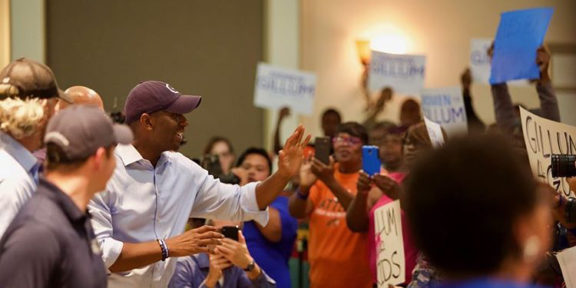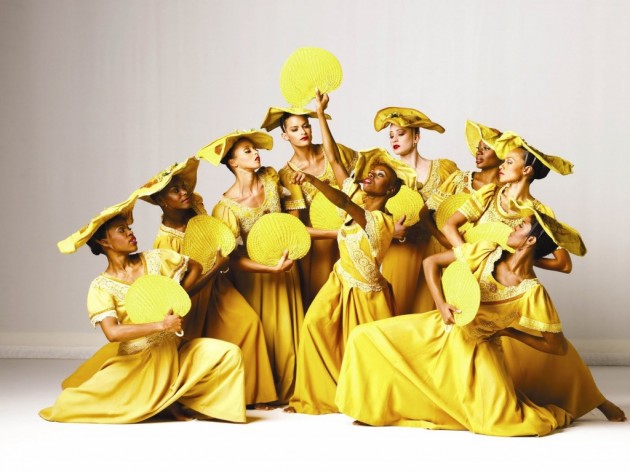By: Kareema Bangura
Tanejah Savage, a senior psychology Howard student, expressed her withdrawal of support for Starbucks or McDonald’s because of nationwide pro-Palestinian boycotts led by the Palestinian BDS movement.
In alignment with the Boycott, Divestment, and Sanctions (BDS), Savage and other students seek alternative local businesses to spend their dollars.
“We should be supporting the community that we’re in instead of these giant corporations that are supporting things that I don’t want to support,” said Savage, advocating that more students follow in her footsteps.
McDonald’s and Starbucks have been the target of organized boycotts within Howard’s campus as a result of what some perceive as the companies’ support of Israel’s occupation in Gaza.
“If you have committed yourself to an HBCU, you are somewhat interested in the liberation and freedom of our people everywhere. Not just now. But everywhere for all time,” said Gisele Spooner, an art student at Howard
Spooner added, “McDonald’s is not that much of a sacrifice, especially since we have so many Black-owned and operated restaurants all around campus,”
Sankofa, originally founded in 1998, serves as a cafe and bookstore, allowing Howard students to experience the local DC neighborhood and culture, says Yonathan Mengitsu, manager and part-time worker at Sankofa.
Now an established business, Sankofas has maintained relationships with locals, tourists, and the Howard University community over the years.
“We more than welcome it, in terms of any sort of boycotts which affect those types of businesses, and if we can be a viable alternative to these services, then we’re all for it,” said Mengitsu.“While we don’t outwardly express it, we are in solidarity with the Palestinian struggle,” he added.
As Sankofa continues to muster support from the community, Starbucks on Georgia Avenue reports a decline in customer presence.
“Before the boycott, it would be a good amount of people waiting for their drinks and then a line maybe all the way to the bookstore,” said Cleondra White, a Starbucks barista.“There’s not long lines anymore.”
White, who has worked at the on-campus Starbucks for several years, noticed significant shifts in business since the start of the boycotts, resulting in changes not only to the business itself but to its workers.
“There has been less business, and less business means less money for labor hours, so there’s been a cut in everybody’s hours for the most part,” White said.
While students have influenced shifts for some surrounding businesses, establishments like Soul Wingz have received more community support.
“We’ve been fortunate to have a good relationship with Howard students,” said Anthony Holmon, the owner of Soul Wingz.
After five years of serving the local community, increased attention following the boycotts has allowed the wing business to expand to a new location on 9th Street, a few minutes from the HU Campus.
“HBCUs have long had, and continue to have, a strong hand in the economic revitalization of communities in their neighborhoods,” according to Dr. Rodney D. Green, Executive Director of the Howard University Center for Urban Progress.
In alignment with ongoing boycotts in the area, Howard University students supporting Palestine have brought attention to their community, allowing for positive change in the local businesses surrounding them.

